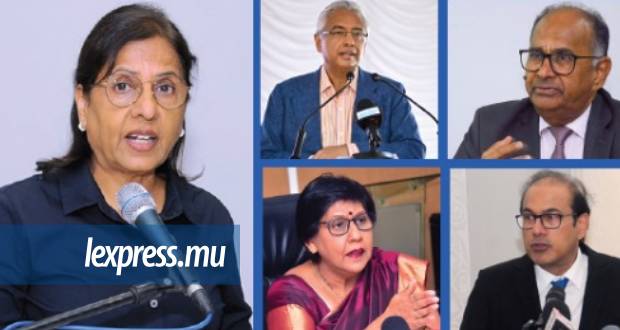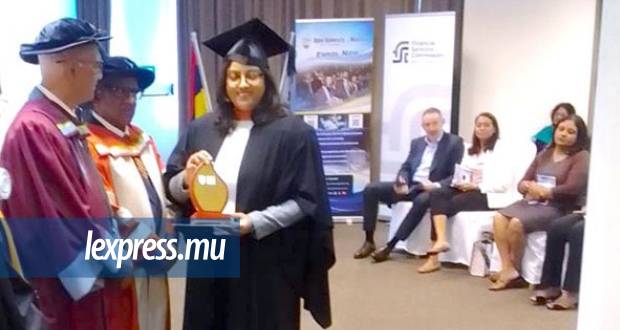Publicité
Tail wags the dog


All parties are in campaign mode. You can tell when the prime minister is on television going on a religious pilgrimage and the one who is seen as his main rival is busy addressing socio-cultural gatherings with regularity. And everybody else is estimating their chances at the next election based on how many invitations socio-cultural groups give to each, or which leaders of socio-cultural groups sympathise with which party.
This is a relatively recent phenomenon. In the 1970s and 1980s, politicians actively avoided excessive familiarity with socio-cultural groups. Back then, the politics was dominated by talk of socialism, class struggle, national liberation and so on. The two main sides spoke of Fabian socialism against direct democracy (whatever that meant). This changed in the 1990s, an era which Sydney Selvon has called the ‘resurgence of communalism’. Without politics to electrify the masses anymore, political parties of all stripes entered into a grand bargain with socio-cultural groups: the former would give out jobs and money and, in return, the latter would provide captive audiences for politicians and would translate whatever ‘influence’ these groups had into votes for that particular party.
The trouble with this is that, over time, this habit of parties to outsource their mobilisation to these organisations has led to a myth of omnipotence surrounding these groups and everybody has come to look upon them as kingmakers that can swing elections based on their own preferences. And this illusion has served socio-cultural groups well: parties come and go but they remain as quasi-permanent institutions perennially involved in the game of power, and whichever side they lean on, leads to headlines and national debate.
But the question must be asked: is there actually any evidence for the ‘influence’ that socio-cultural groups claim (and others assume) they have? When Somduth Dulthumun, former head of the Mauritius Sanatan Dharma Temple’s Federation (MSDTF), came up with his ‘2 Labour, 1 MSM’ formula for voting in the 2014 election, he was ignored. Labour was eviscerated, particularly in constituencies where Dulthumun’s organisation claimed the most influence, and the Alliance Lepep won. So where was this fabled ‘influence’ of the MSDTF?
Then there is the Voice of Hindu, which finally tore off its apolitical mask and fielded candidates in the 2015 municipal elections. Out of all the eight candidates it put up in Quatre-Bornes, the most successful one managed to bag only 600 votes in ward 4. So how much ‘influence’ does this group really have if it could not even get a single councillor elected at a municipality? Let us not even speak about the national level. In other words, there is simply no evidence that these chaps actually lead to much electorally. So why then do politicians insist on hosting them in their offices and work with them on campaigns which can potentially embarrass them? And why is it a national obsession who is invited where?
The parties currently jockeying for influence seem to be still nestled within the illusion. Victory will go to the party that is the most realistic and clinical in its strategy, not to those continuing to succumb to fantasies of supposedly omnipotent allies.
For more views and in-depth analysis of current issues, Weekly magazine (Price: Rs 25) or subscribe to Weekly for Rs110 a month. (Free delivery to your doorstep). Email us on: weekly@lexpress.mu
Publicité
Les plus récents






